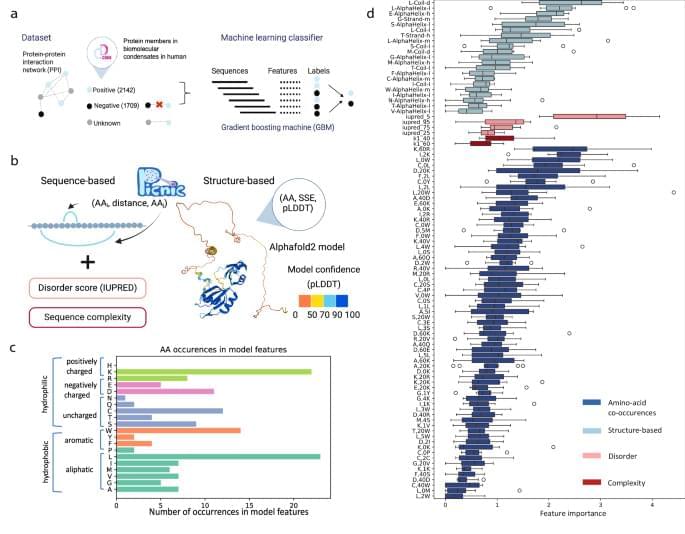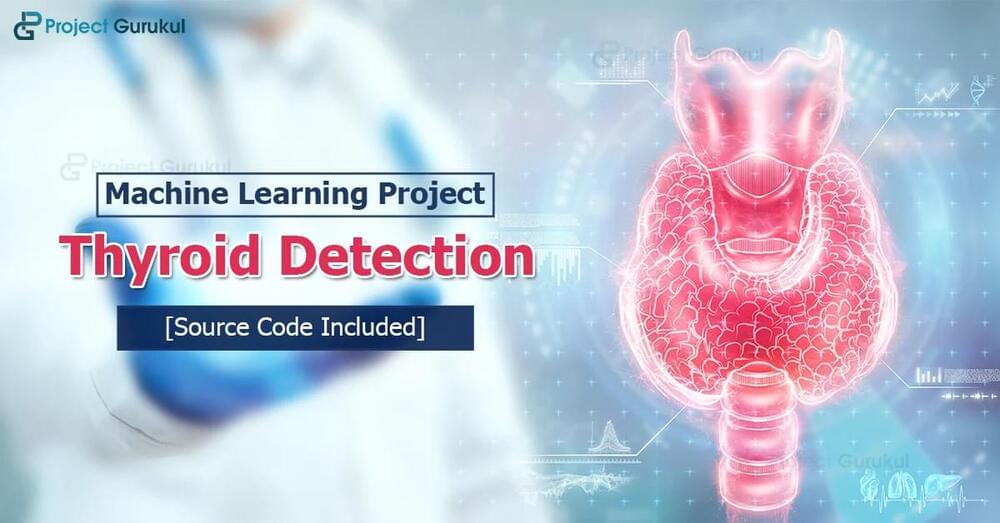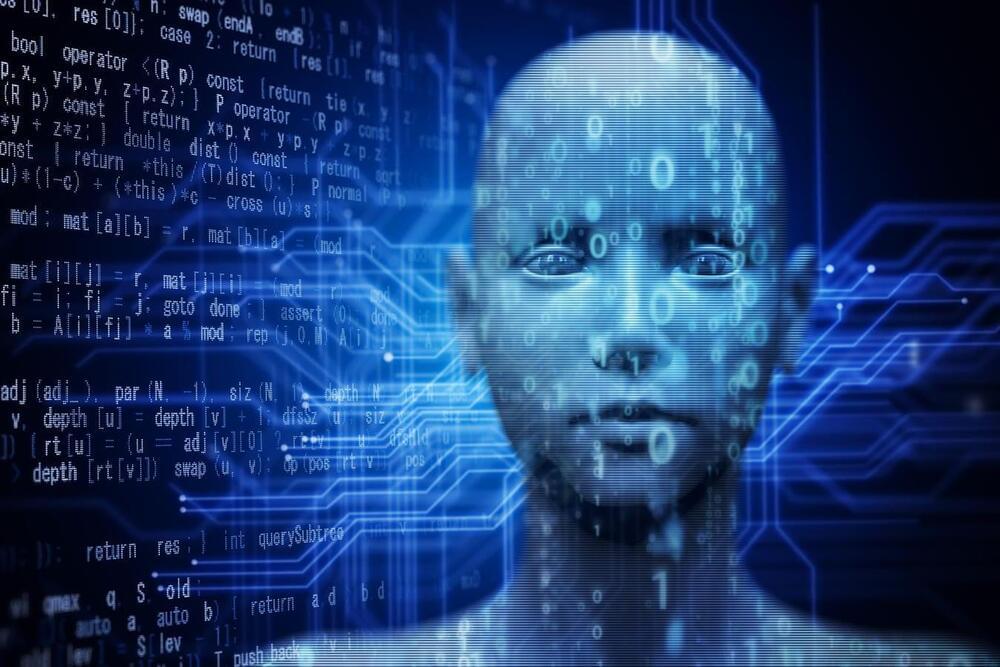Undoing pervasive misconceptions about Bergson’s philosophy (I’m looking at you Bertrand Russell)



Google’s new quantum computing chip, Willow, has set a groundbreaking standard by achieving unparalleled speed and precision, outperforming supercomputers in specific tasks by millions of times. This revolutionary chip enhances quantum error correction, making scalable quantum systems a reality and unlocking new possibilities for artificial intelligence, scientific research, and real-world problem-solving. Willow’s success marks a major milestone in the integration of quantum computing and AI, driving innovation across industries.
Don’t let AI leave you behind — get updates at https://airevolution.cc.
🔍 Key Topics:
Google’s Willow chip and its revolutionary quantum computing advancements.
How quantum error correction enables scalable and stable systems with unmatched performance.
The integration of quantum computing and AI to tackle problems beyond classical limits.
🎥 What You’ll Learn:
Why Willow represents a major breakthrough in quantum computing and AI innovation.
How it reduces errors and enhances performance for real-world applications in medicine, energy, and more.
The potential of quantum AI to transform industries and solve previously unsolvable challenges.
📊 Why It Matters:
This video explores Google’s revolutionary quantum chip, Willow, and its impact on the future of computation and AI, highlighting its scalability, precision, and groundbreaking applications in science and industry.
DISCLAIMER:

The preprint, not yet peer-reviewed, is the latest from a global consortium that hunts down potential new genes. Ever since the Human Genome Project completed its first draft at the turn of the century, scientists have tried to decipher the genetic book of life. Buried within the four genetic letters—A, T, C, and G—and the proteins they encode is a wealth of information that could help tackle our most frustrating medical foes, such as cancer.
The Human Genome Project’s initial findings came as a surprise. Scientists found less than 30,000 genes that build our bodies and keep them running—roughly a third of that previously predicted. Now, roughly 20 years later, as the technologies that sequence our DNA or map proteins have become increasingly sophisticated, scientists are asking: “What have we missed?”
The new study filled the gap by digging into relatively unexplored portions of the genome. Called “non-coding,” these parts haven’t yet been linked to any proteins. Combining several existing datasets, the team zeroed in on thousands of potential new genes that make roughly 3,000 miniproteins.


Tiny implantable sensors are helping University of Oregon researchers optimize the process of recovery from severe bone injuries.
Scientists at the UO’s Phil and Penny Knight Campus for Accelerating Scientific Impact have developed miniature implantable sensors that transmit real-time data about what’s happening at an injury site. In a new study, they use the technology to show that a resistance-training rehabilitation program can significantly improve femur injuries in rats in just eight weeks.
The sensors provide a window into the mechanical properties of the bone, giving scientists detailed ongoing data about the process of healing. If someday applied in humans, these sensors could allow doctors to better tailor a rehabilitation program to an individual patient, monitoring their progress and adjusting the exercises along the way.

A new hypothesis suggests that the very fabric of space-time may act as a dynamic reservoir for quantum information, which, if it holds, would address the long-standing Black Hole Information Paradox and potentially reshape our understanding of quantum gravity, according to a research team including scientists from pioneering quantum computing firm, Terra Quantum and Leiden University.
Published in Entropy, the Quantum Memory Matrix (QMM) hypothesis offers a mathematical framework to reconcile quantum mechanics and general relativity while preserving the fundamental principle of information conservation.
The study proposes that space-time, quantized at the Planck scale — a realm where the physics of quantum mechanics and general relativity converge — stores information from quantum interactions in “quantum imprints.” These imprints encode details of quantum states and their evolution, potentially enabling information retrieval during black hole evaporation through mechanisms like Hawking radiation. This directly addresses the Black Hole Information Paradox, which highlights the conflict between quantum mechanics — suggesting information cannot be destroyed — and classical black hole descriptions, where information appears to vanish once the black hole evaporates.

Google’s sixth-generation TPU claims major cost and performance gains, but its single-cloud reliance faces stiff competition from NVIDIA GPUs and Amazon’s Trainium.

Today, AI agents have evolved to become more modular and sophisticated. Agents like ChatGPT can engage in conversations and assist in a wide range of workflows, including customer service and financial decision-making.
Technologies such as retrieval-augmented generation (RAG) allow AI systems to combine different data sources dynamically, making them more adaptive and helpful in real-world applications. As AI’s influence expands into industries such as finance, healthcare and cybersecurity, it is becoming clear that AI agents are critical components of modern business operations.
Despite the remarkable progress in AI, deploying these systems presents several challenges. One of the primary concerns is the risk of bias embedded in the datasets used to train AI agents. AI systems learn from historical data, which can contain patterns of discrimination that, if unchecked, lead to biased decisions, such as favoring particular groups over others in hiring or lending scenarios.